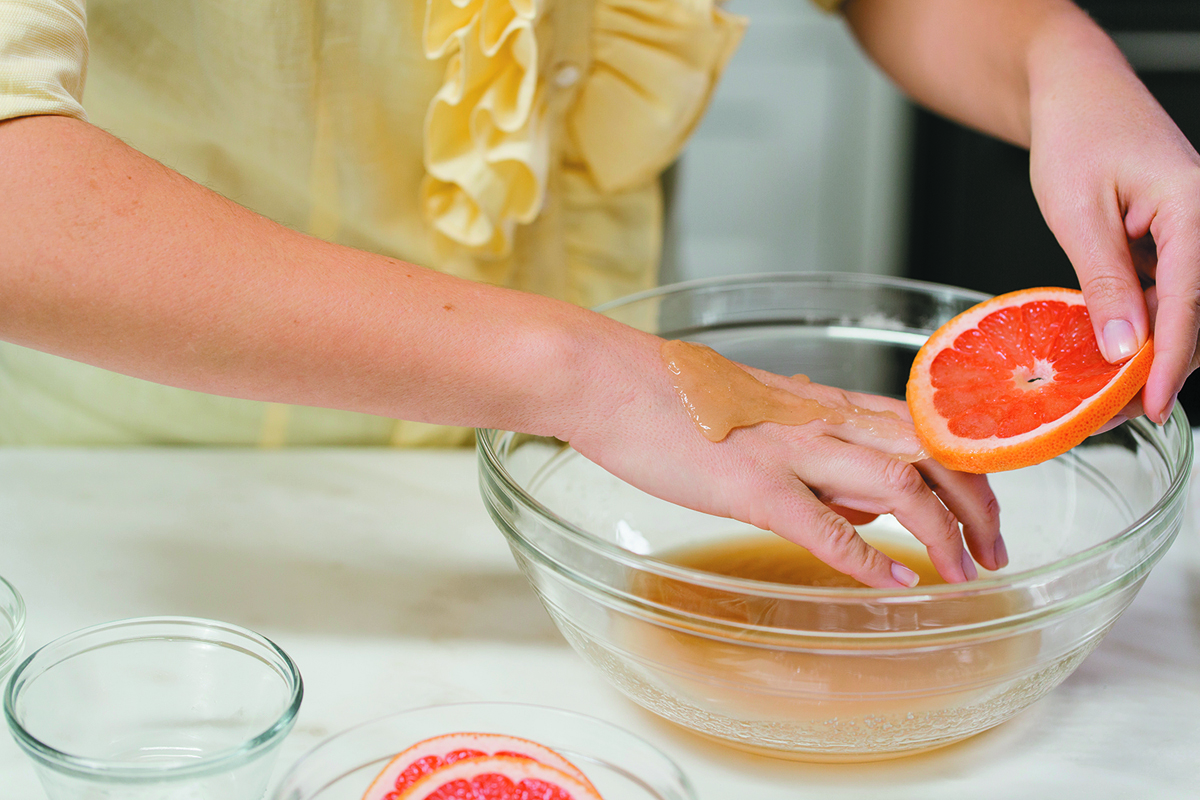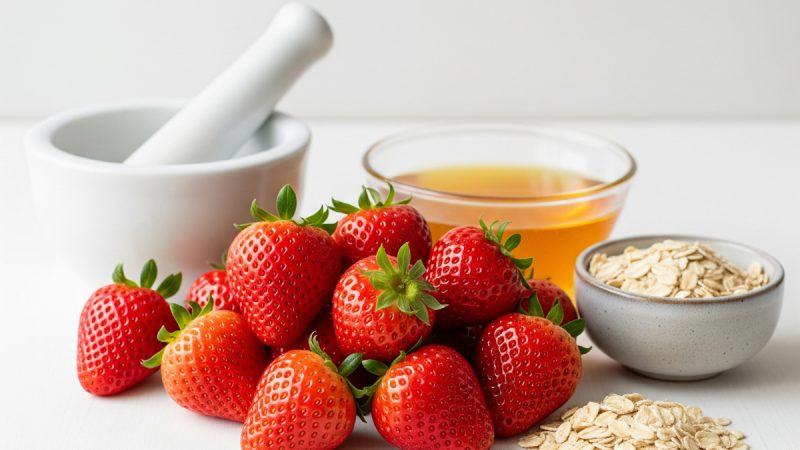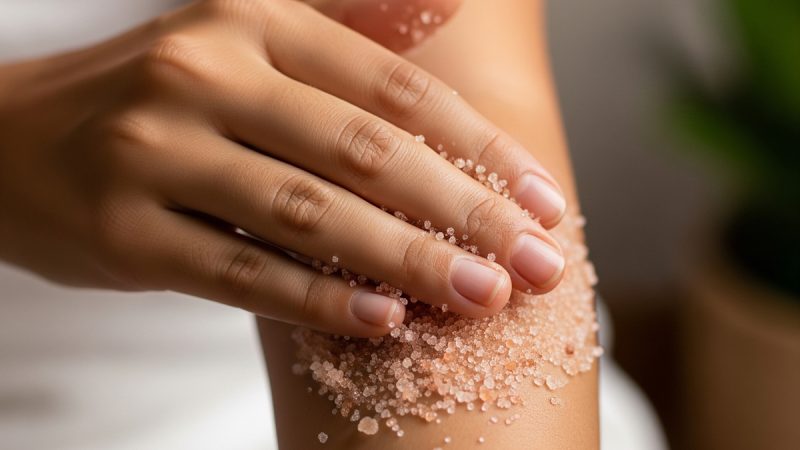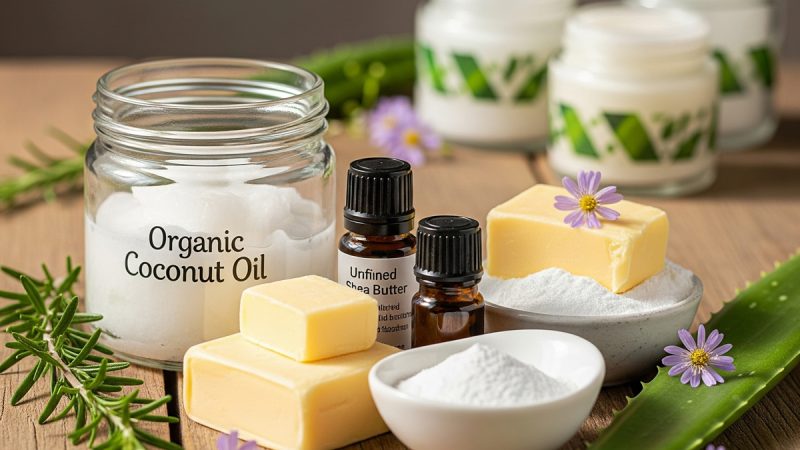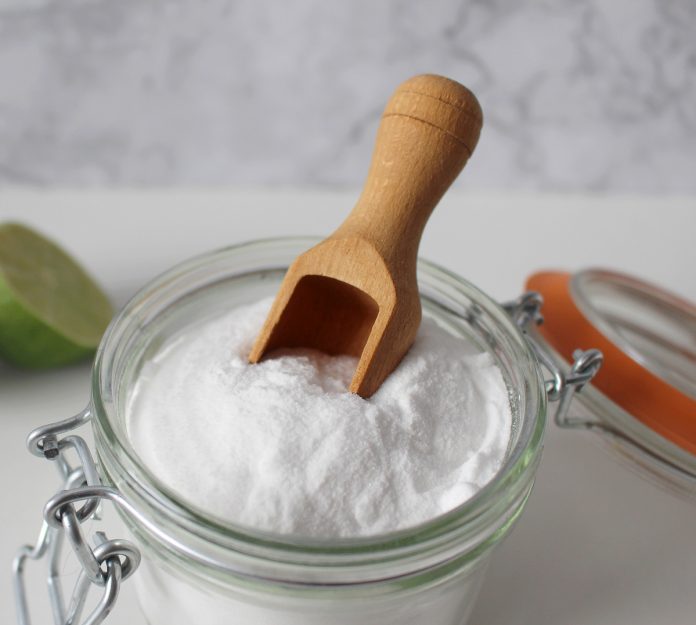Glycolic Acid for Your Skin: Benefits and Natural Sources

Glycolic acid is a natural alpha-hydroxy acid (AHA) derived from sugar cane. It is widely used in skincare products due to its ability to exfoliate the skin and promote cell turnover. This powerful ingredient offers numerous benefits for the skin, including anti-aging, brightening, and smoothing effects.
One of the main benefits of glycolic acid is its ability to promote collagen production. Collagen is a protein that gives our skin its strength and elasticity. As we age, our skin produces less collagen, leading to fine lines and wrinkles. By promoting collagen production, glycolic acid can help reduce the signs of aging and improve skin texture.
Another benefit of glycolic acid is its ability to reduce hyperpigmentation. Hyperpigmentation occurs when our skin produces too much melanin, resulting in dark spots or patches. Glycolic acid works by gently exfoliating the skin and promoting the natural shedding of dead skin cells. This process can help fade dark spots and even out skin tone.
Glycolic acid is also effective at preventing acne breakouts. By removing dead skin cells and unclogging pores, glycolic acid can help reduce the likelihood of acne formation. It is particularly effective for those with oily or acne-prone skin.
In addition to its skincare benefits, glycolic acid is also found in a number of natural sources. Sugar cane is the most well-known source of glycolic acid, but it can also be found in fruits such as pineapple, papaya, and grapes. These natural sources of glycolic acid offer the same benefits as synthetic sources and are a great option for those who prefer natural skincare products.
Try incorporating these natural glycolic acid recipes into your skincare routine to combat common skin concerns like acne, acne scars, wrinkles, sun damage, oily skin, and dry skin.
Pineapple and Papaya Face Mask for Acne and Acne Scars:
Ingredients:
- 1/4 cup fresh pineapple
- 1/4 cup fresh papaya
- 1 tablespoon honey (antibacterial)
Directions:
Puree the pineapple and papaya in a blender until smooth. Add honey and mix well. Apply to clean face and leave on for 10-15 minutes. Rinse with warm water. Pineapple and papaya contain natural enzymes that exfoliate dead skin cells and unclog pores. This powerful combination can reduce the appearance of acne and acne scars.
Lemon and Sugar Scrub for Wrinkles and Sun Damaged Skin:
Ingredients:
- 2 tablespoons sugar (exfoliation)
- 1 tablespoon lemon juice (citric acid)
- 1 teaspoon olive oil (moisturizing)
Directions:
Mix sugar and lemon juice together until sugar is fully dissolved. Add olive oil and mix well. Massage into clean face in a circular motion for 1-2 minutes. Rinse with warm water. Lemon juice contains natural alpha-hydroxy acids (AHA) like glycolic acid that exfoliates dead skin cells and reduces the appearance of wrinkles and sun damage. Sugar acts as an additional exfoliant and olive oil provides moisturizing benefits.
Apple Cider Vinegar Toner for Oily Skin:
Ingredients:
- 1/2 cup apple cider vinegar (AHA and pH balancing)
- 1/2 cup water
Directions:
Mix apple cider vinegar and water together. Apply to clean face with a cotton ball. Use twice daily after cleansing. Apple cider vinegar contains alpha-hydroxy acids (AHA) like glycolic acid that exfoliates dead skin cells and unclogs pores. It also helps balance the pH of the skin, which can reduce oil production.
Strawberry and Yogurt Mask for Dry Skin:
Ingredients:
- 5-6 fresh strawberries (vitamin C)
- 2 tablespoons plain yogurt (soothing and moisturizing)
- 1 teaspoon honey (antibacterial)
Directions:
Puree strawberries in a blender until smooth. Mix in yogurt and honey. Apply to clean face and leave on for 10-15 minutes. Rinse off with warm water. Strawberries contain natural vitamin C, which brightens and hydrates the skin. Yogurt is soothing and moisturizing, while honey provides antibacterial benefits.
Safety Usage
It is important to start with a low concentration of glycolic acid and gradually increase as your skin becomes accustomed to the ingredient. It is also important to use sunscreen when using glycolic acid products as they may make your skin more sensitive to the sun.
The Author:
Pioneerthinking.com: Ingredients for a Simple Life. Insights from a seasoned professional rooted in country living, with 28 years of horticulture expertise and over two decades of practical experience in homesteading, natural beauty, natural health, cooking and creative living.
Photo. Aline Ponce


